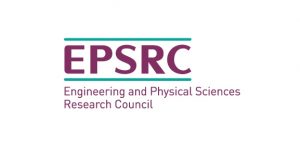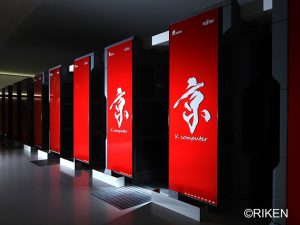[ad_1]
What topics have your peers been reading? There are the issues of diversity in engineering, rising cobalt prices, the EV battery market, Californian stats and an ARM-based supercomputer chip…
As always, for maximum suspense, let’s take them it in reverse order:
 5. £5.5m for equality, diversity and inclusion in UK engineering and physical science
5. £5.5m for equality, diversity and inclusion in UK engineering and physical science
£5.5m has been distributed amongst projects that address equality, diversity and inclusion in engineering and the physical sciences in the UK by the EPSRC. “Anyone who has recently walked into a university engineering department or STEM employer knows that the workforce does not reflect the UK’s wider population,” said Professor Patricia Thornley, of The University of Manchester.
4. Rising cobalt prices push up li-ion battery costs
The rising price of cobalt is pushing up the cost of lithium-ion batteries, reports EnergyTrend. Q3 prices of lithium-ion batteries are expected to rise by 5-15%. Prismatic cells, cylindrical cells, and polymer cells are expected to show a Q3 QoQ price growth of 6~8%, 7~9%, and 10~15% respectively.
3. China winning the EV battery market
China is dominating the EV battery market and is forecast to produce 70% of the world’s EV battery production by 2020. Last year, China produced 60% of all EV batteries made in the world, according to Digitimes Research, with Amperex the world’s No.1 producer and BYD the No.3.
2. Arm succumbs to Californification [Mannerisms]
Once respected across the world for designing processor cores which the world wanted to use and developing the physical IP to implement them, the company is succumbing to Californification. What would a bunch of engineers designing processor cores want with a Californian ‘analytics’ company?
 1. Arm-based supercomputer chip aimed at world record processing
1. Arm-based supercomputer chip aimed at world record processing
An Arm-based supercomputer chip has been revealed by Fujitsu and the Riken Center for Computational Science (R-CCS) in Japan, the team that created the record-breaking K computer, which had 68,544 eight-core SPARC64 VIIIfx processors and an efficient novel inter-processor network. Announced briefly two years ago, the chip is a prototype CPU for the computer currently known as ‘post-K’ and intended take the fastest computer crown back to Riken, starting operations in 2021.
Let the latest news, products and blogs – come to you, instantly. Get the Electronics Weekly RSS feeds, delivering new articles as they are posted, whether to your browser or favourite Feed Reader.
[ad_2]
Source link
